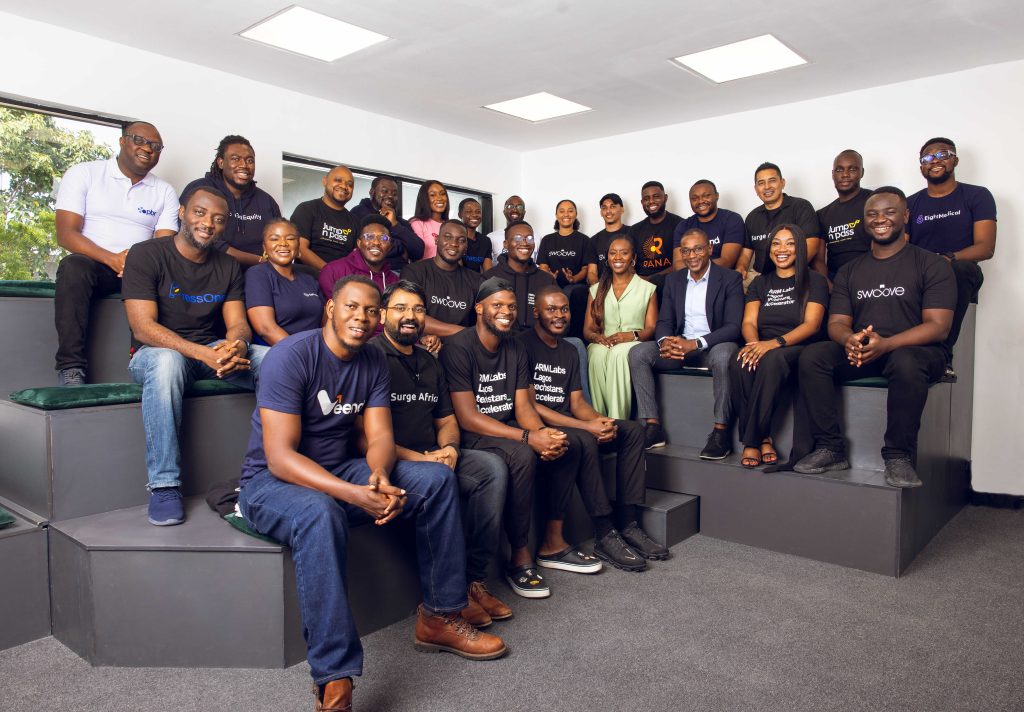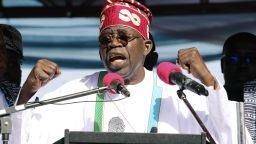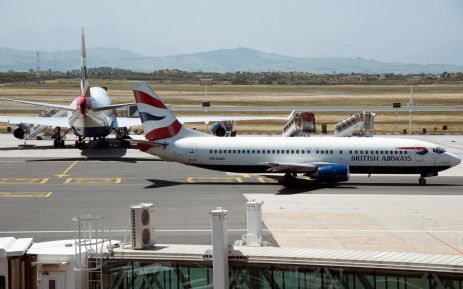
Techstars, the most active startup investor in Africa, has announced its second cohort of 12 companies to participate in its pan-African accelerator program in partnership with Lagos-based innovation program, ARM Labs. Following a successful inaugural program, the ARM Labs Lagos Techstars Accelerator will build upon its commitment to helping entrepreneurs that are changing Africa and the world.
The 2023 cohort, selected from over a thousand applications, delivers tech-enabled solutions across various verticals in Sub-Saharan Africa. The sourcing and selection was led by Managing Director for the accelerator, Oyin Solebo. It culminated in a screening committee joined by fellow directors at Techstars, executive leaders at ARM – Jumoke Ogundare, Sadiq Mohammed, Wale Odutola, Uche Azubuike and Ina Alogwu; as well as selected invited seasoned investors – Nneka Eze of Vested World, Maya Horgan Famodu of Ingressive Capital, Olumide Soyombo of Voltron Capital and Dotun Olowoporuku of Ventures Platform.
For its first cohort, the program had initially focused on companies operating in FinTech and PropTech, but this year expanded to focus more broadly on entrepreneurs that are changing Africa and the world, by using technology, data and intelligence to serve a population growing in size, youth, income and digital access. Sectors invested in include FinTech, Logistics, E-commerce, HealthTech, Renewable Energy, and Future of Work. The cohort comprises startups operating in Ghana, Nigeria and East Africa, and has four teams with at least one female co-founder.
The 14-week immersive program will see Techstars invest up to $120,000 in funding in each startup as well as provide them with access to over $400,000 in cash equivalent hosting, accounting and legal support and other benefits worth more than $5M. The selected startups will also receive tailored mentorship, world-class company-building support, lifetime access to the Techstars worldwide network and targeted interactions with prospective investors to ensure that the continuum of follow-up capital is available as they grow. By partnering with ARM Labs, founders are also exposed to ARM’s local network, research and insights and decades long financial advisory expertise.
The selected companies are, in alphabetical order:
-
24Seven, founded by Olufemi Idowu, is an asset-light marketplace that enables small businesses and convenience stores to order inventory on credit with one-hour doorstep delivery
-
Beauty Hut leverages technology to bridge the gap between beauty brands and consumers through efficient product distribution and marketing channels, via their e-commerce web-store and mobile app. It is founded by Subuola Oyeleye
-
Eight Medical, by Dr. Ibukun Tunde-Oni, is an end-to-end platform that connects users in need to emergency medical resources (such as hospitals, ambulances, personnel, information & credit), reducing waiting times from an average of 3 hours to 10 minutes or less
-
GetEquity facilitates access to investment opportunities by SEC-accredited providers, reducing entry barriers through investment aggregation across various asset classes. It is founded by Jude Dike, Temitope Ekundayo and Chigozirim Ugochukwu
-
JumpnPass, by Tunde Ademuyiwa and Qudus Quadry, is a mobile self-checkout platform for modern retail in Africa. They enable shoppers to use their smartphones to effortlessly scan product barcodes, pay for items, and skip long queues
-
One Plan helps workers in Africa’s informal economy create affordable financial plans, making it easier to start a retirement plan, access low-interest credit, and access health + life insurance cover. It is founded by Harold Awuah-Darko.
-
PBR Life Sciences offers pharmaceutical, consumer healthcare and medical device companies fast and easy access to high-quality market data and insights, helping them make objective decisions on product pricing, volumes and company strategy. The company is founded by Ayodeji Alaran
-
PressOne Africa provides African businesses with deeper insights into phone conversations with customers through a communication platform that provides conversation intelligence and call monitoring. It is led by Mayowa Okegbenle, Opeyemi Shokunbi and Unoma Adeyemi
-
Rana democratises access to clean and reliable solar systems for SMEs and residential customers through affordable long-term solar subscriptions, replacing the need for expensive, unreliable, and toxic backup generators. The company is founded by Abraham Mohammed and Mubarak Popoola.
-
Surge Africa, founded by Kumar Shourav and Ebrahim Essop, allows individuals, micro-entrepreneurs and MSMEs in Africa to make instant cross-border transfers and pay up to 80% less in fees
-
Swoove empowers logistics companies in emerging markets to digitise and scale their businesses with dispatch automation, fleet management, tracking and telematics, and a wide delivery network. It is led by Kwaku Tabiri, Kingsley Amponsah, Gloria Pascucci, Robert Quainoo and Kevin Blankson
-
Veend, founded by Olufemi Olanipekun and Ebenezer Ajayi, enables individuals and businesses with verifiable income to access funds on-demand, addressing their needs for emergency funds or working capital
Oyin Solebo, Managing Director, ARM Labs Lagos Techstars Accelerator commented, ‘Our second cohort truly showcases, and perhaps also epitomises, the wealth of talent, innovation and ingenuity that can be found within the African tech ecosystem. Supporting this group in reaching their full potential feels like the perfect segway following the close and success of the inaugural cohort. The current market dynamics means that founders need a combination of financial support as well as technical assistance and access to networks in order to build resilient businesses. We are glad to be able to provide comprehensive support that covers this entire spectrum.’
In addition to the Techstars-led program, the cohort receive mentorship sessions with notable experts in the African tech ecosystem providing them with comprehensive guidance and specialised services to support their growth journey. These experts include Tunde Kehinde – Founder/CEO, Lidya, Bode Abifarin – Chief Operating Officer at Flutterwave, Tingting Peng – Chief Capital & Strategy Officer at Moove, Kevin Simmons – Partner, LoftyInc, Lola Esan – Partner, EY, Yischai Beinisch – Head, West Africa – Emerging Market Power, Shell Energy Europe & Africa.
Dr. Ibukun Tunde-Oni, Founder of Eight Medical who echoed the sentiments of the cohort stated, ‘Securing a spot in the ARM Labs Lagos Techstars Accelerator program has signified an important milestone in the growth of my company. More than anything else I believe it has demonstrated an absolute vote of confidence by experts who have accessed our model and track record and also estimated our impending growth potential. The learning experience has so far been invaluable and I am eagerly looking forward to our next phase of business.’
Oluwadunni Fanibe, Program Manager, added, ‘Techstars’ tried and trusted model has been instrumental in building thousands of successful companies, all over the world. We are excited with the opportunity to implement this proven playbook of support, networks, knowledge base, experiences, technology and data, on our 2023 cohort and are confident they can replicate the same notable successes of their local and global predecessors.’
Ina Alogwu, Group Director, Digital Transformation, ARM noted ‘Programs like the ARM Labs Lagos Techstars Accelerator enable us to comprehend, champion, and actively contribute to the growth of technology-driven solutions emerging throughout Africa, and we are thrilled to be on this journey for the second year running in collaboration with our valued partners.’
The program will conclude with an invite-only Demo day on February 22nd, 2024 where founders will showcase their progress. Register here to attend.
Source, Africa Business, 15th December 2023





 afric-Invest
afric-Invest





